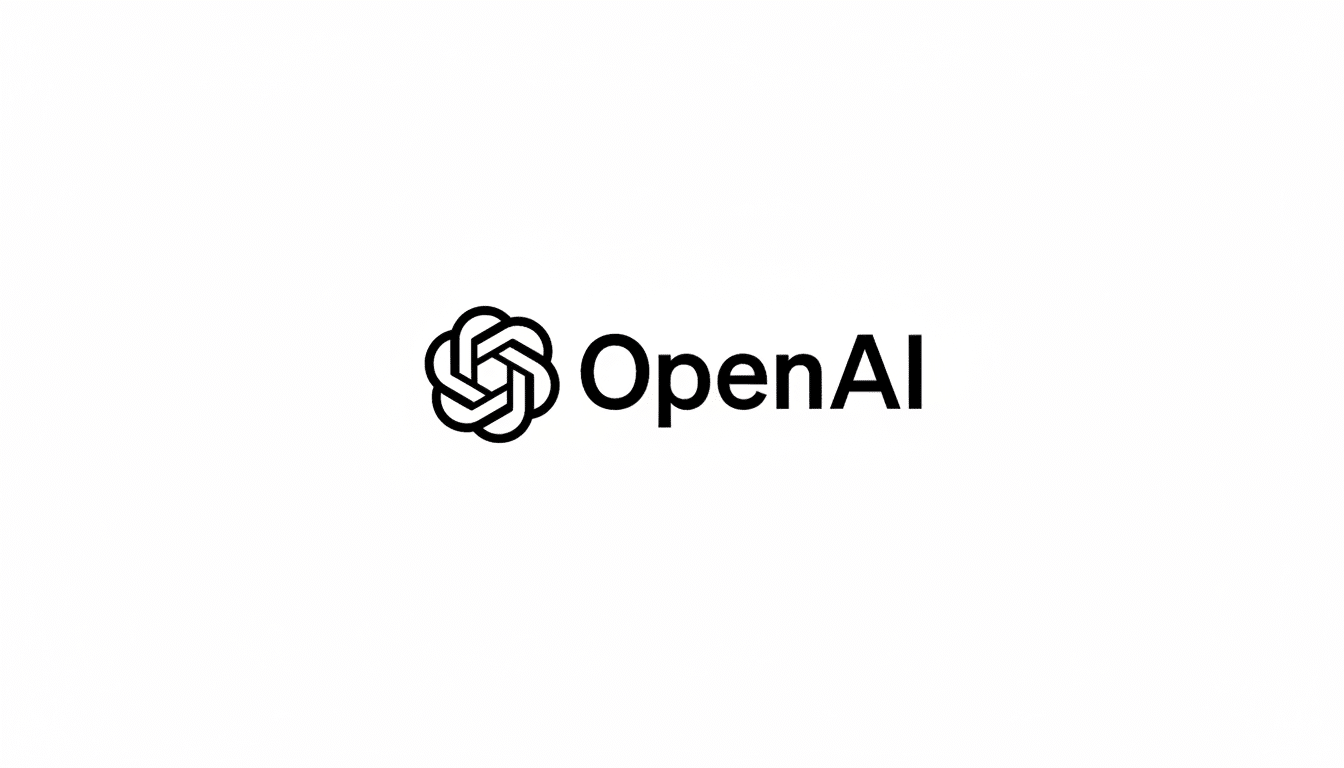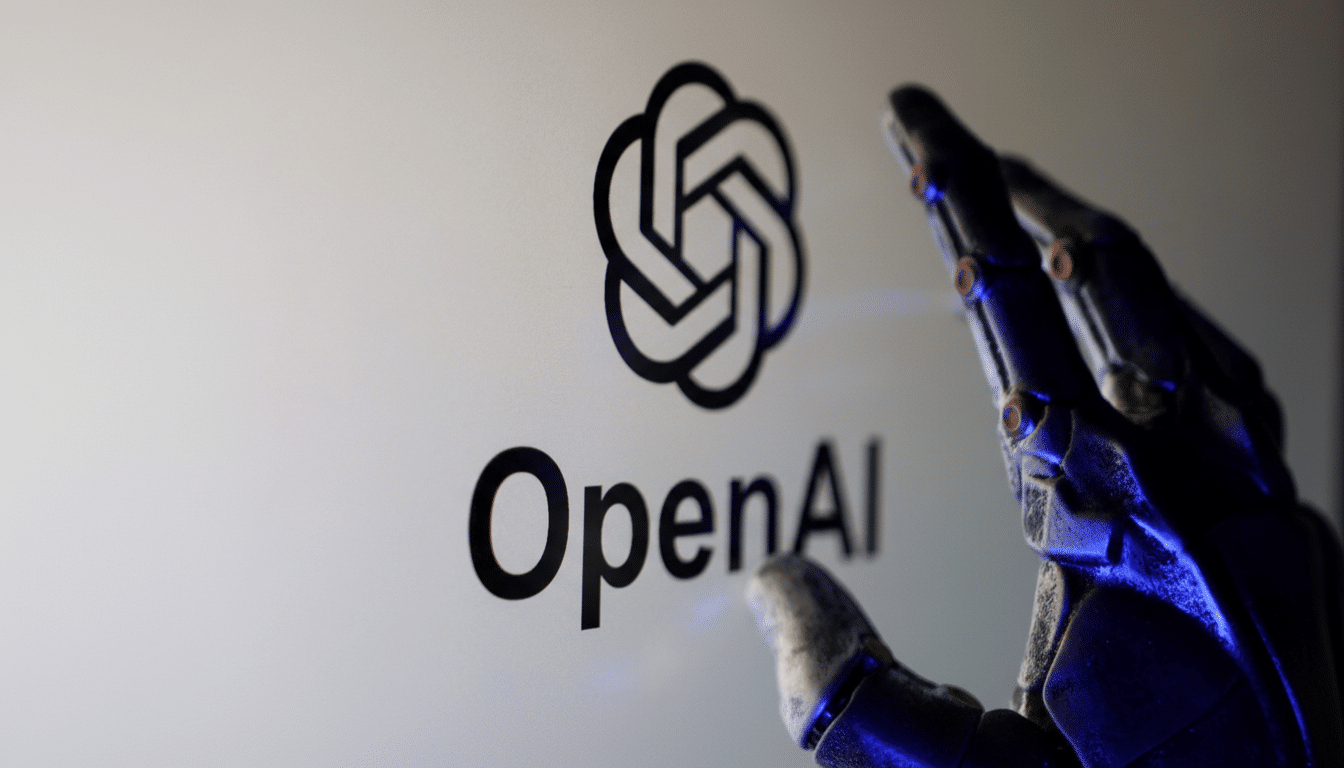Apple CEO Tim Cook has been asked to return to the White House for a high-profile event for tech leaders in the recently-redesigned Rose Garden, The Hill reported. Artificial intelligence, meanwhile, is expected to take center stage with a separate AI presentation hosted by Melania Trump preceding a dinner with executives,10 as the event being hosted by President Donald Trump unfolds.
Cook enters a list of guests that highlights the reach and influence of the U.S. tech industry, as Facebook parent Meta’s Mark Zuckerberg; Microsoft co-founder Bill Gates and CEO Satya Nadella; Google co-founder Sergey Brin and Alphabet CEO Sundar Pichai; Oracle CEO Safra Catz; even OpenAI’s Sam Altman and Greg Brockman; Blue Origin CEO Dave Limp; Micron Technology CEO Sanjay Mehrotra; Palantir’s Shyam Sankar; and Scale AI founder Alexandr Wang. The medley of platform companies, chipmakers, AI labs and space-tech is symptomatic of Washington’s spreading agenda with Big Tech.

A stage set for AI and industrial policy
The White House is anticipated to seek pledges on AI safety, workforce development, national security and semiconductor production—areas where federal priorities and corporate strategies are increasingly aligning. Policymakers have turned to guidance such as NIST’s AI Risk Management Framework for responsible deployment, while enforcers like the FTC and the DOJ continue to probe competition and data practices across the sector.
One of the major threads will be chips. The U.S. represents about 12% or so of the worldwide semiconductor manufacturing capacity, so there is increasing interest in domestic fabrication and advanced packaging, but it isn’t precisely clear what form that will take. Micron’s announced U.S. memory fabs and the continuing build-out of TSMC’s Arizona facilities (for which Apple is a headlining customer for advanced nodes) are examples of how supply chains, national security, and industrial policy now become intertwined with consumer tech roadmaps.
Cook’s leverage: privacy-first A.I. and U.S. manufacturing
Cook comes with two strong forms of leverage. First, Apple’s avowed commitment to privacy in AI offers the company a valued narrative in Washington. The “Apple Intelligence” effort focuses on device-based processing for many tasks, reserving cloud compute for heavy workloads with privacy protections. That architecture dovetails with the push for safety, auditability and data minimization called for by organizations like NIST and academic centers like Stanford HAI, while leaving Apple space to argue that innovation and consumer protection can proceed in parallel.
Second, Apple can argue that it contributes to the U.S. economy. The company said it supports over 2.4 million American jobs across its supply chain and the iOS app economy, and in the past committed hundreds of billions of dollars in U.S. investments over the next several years. Apple builds the Mac Pro in Austin, using manufacturing partners such as Flex Ltd., and relies on a wide range of industry suppliers in several countries, including the United States, for dozens of components such as graphics and power-supply hardware, as well as the tooling necessary to produce most of the product. Though the details of the firm’s own R&D efforts are still private, with Apple’s R&D spend rapidly approaching $30 billion a year, Cook’s message will likely focus instead on the connection between long-horizon research, secure supply chains, and U.S. competitiveness.

What the White House is asking of Big Tech
Administration officials are looking for concrete actions on the AI guardrails—testing, provenance, incident reporting and content authenticity—in addition to promises on jobs and training. Anticipate talk around how companies will operationalize red-teaming, watermarking and model governance for both consumer apps and enterprise tools. With the public still wary —Pew Research Center has found that more Americans are worried about AI than enthused about it — officials will seek credible, near-term steps that do not rely on pie-in-the-sky legislation.
Immigration and talent policy are also likely to come up. Frontier AI models and custom silicon-built companies need specialized engineers at scale. Executives have long said new rules around high-skill visas, access to federal computing resources for research and clearer guidelines for export will determine whether the next breakthrough gets built in the U.S. or somewhere else.
What to watch out for from Cook’s visit
Watch for any signal from Cook on new U.S.-based investments in AI infrastructure, such as datacenter capacity, specialized chips or training pipelines, as well as any momentum toward standardized AI disclosures across major platforms. Apple’s perspective on on-device versus cloud AI could influence discussions on energy consumption, privacy, and resiliency in national critical infrastructure.
A joint declaration, a working group on A.I. safety and standards, or a promise to scale up apprenticeship programs in advanced manufacturing would demonstrate tangible progress. Even without formal agreements, the optics of Cook alongside rivals and peers like OpenAI, Alphabet, Microsoft, Meta, Oracle, Micron, Palantir, and Scale AI.make clear that AI policy, competition, and national security are converging challenges that will increasingly be hashed out in the open.
For Apple, the trip is one more opportunity to reinforce a familiar message: Innovation can be privacy-preserving, supply chains can be more resilient and U.S.-grown talent can drive the next decade of AI. For Washington, the question is how swiftly that vision can be translated into enforceable standards and trackable results.

